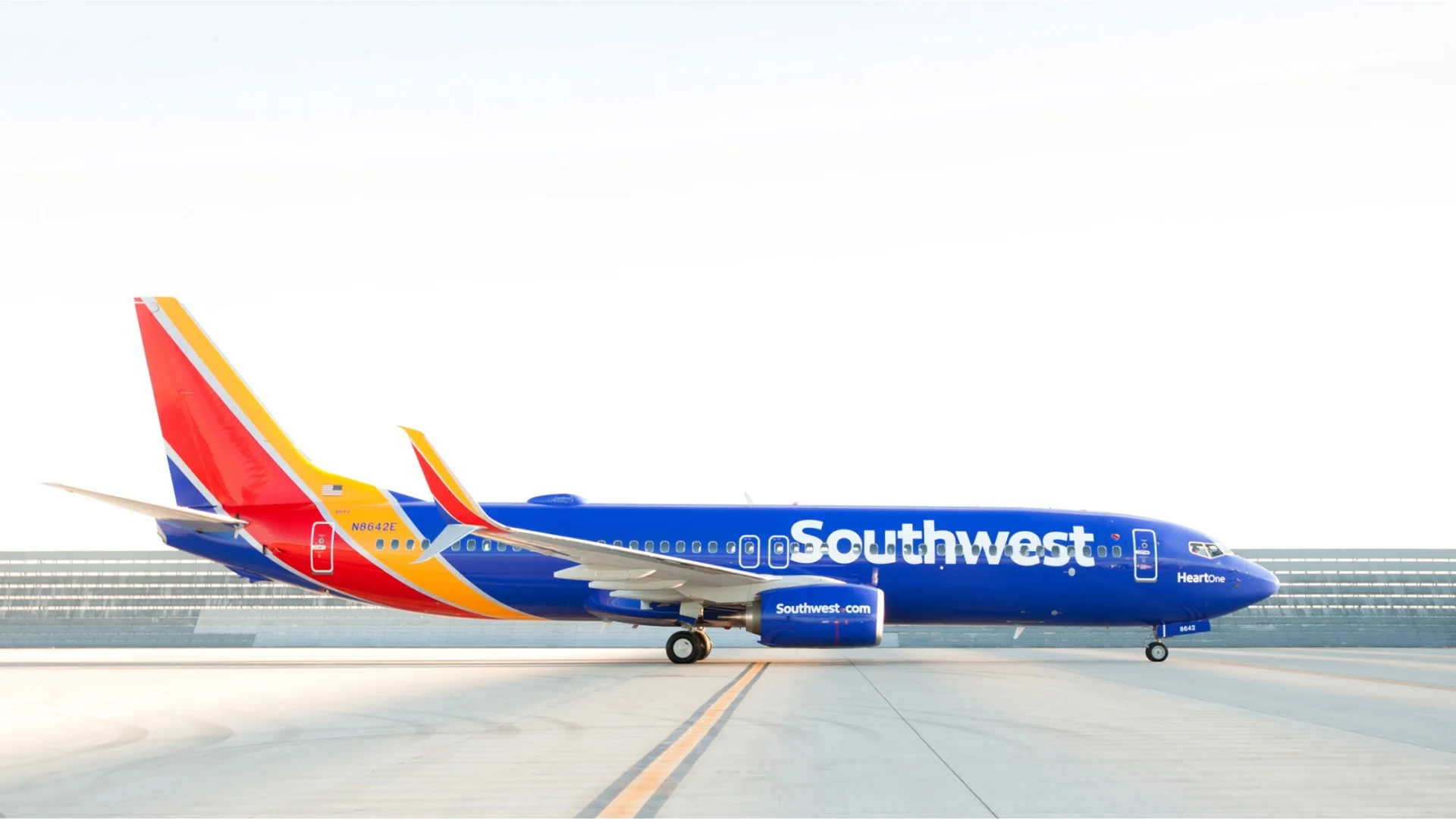Record-breaking heat waves across the Southwestern United States last summer posed an unusual safety challenge for Southwest Airlines. The extreme temperatures affected key hubs in cities such as Phoenix, Las Vegas, Austin, Dallas, Houston, and Sacramento. Canned beverages overheated and exploded at cruising altitude, causing injuries to more than 20 flight attendants, with one requiring stitches.
Southwest Airlines does not use refrigerated vehicles for provisioning drinks. Instead, it uses air-conditioned trailers and trucks as part of its cost-cutting measures. This led to soda cans being exposed to high ambient temperatures on the tarmac before flights. Once airborne, changes in cabin pressure increased the internal pressure of these cans further, resulting in some exploding when opened.
Reports indicated that incidents involving exploding cans began in spring 2024 and became more frequent during summer heat waves. These events caused injuries ranging from minor cuts to more severe lacerations among crew members but did not directly involve passengers.
 Alerts Sign-up
Alerts Sign-up







